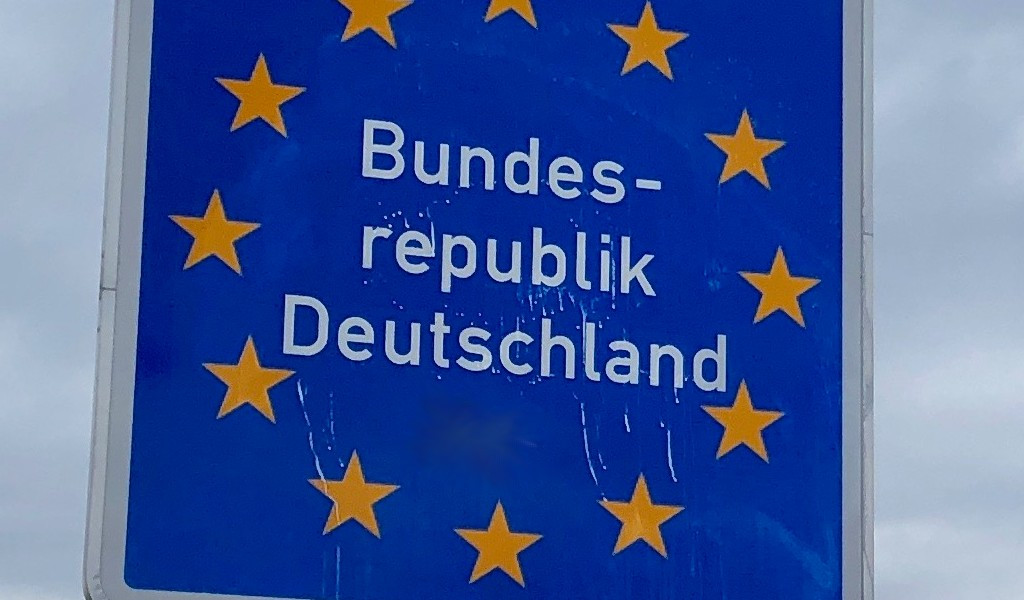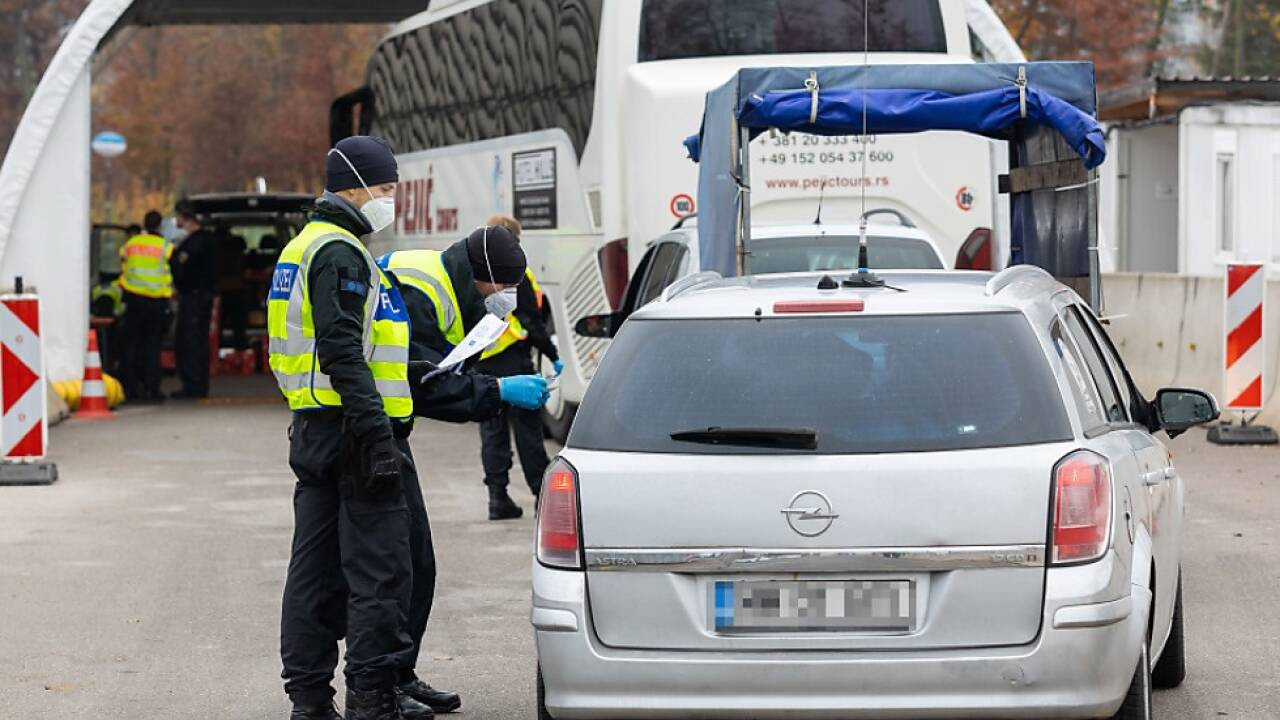Germany's government has ordered temporary controls at all land borders, expanding checks it already has in place at some borders, saying that it was responding to irregular migration and to protect the country from extremist threats. The ministry said that it notified the European Union on Monday of the order to set up border controls at the land borders with France, Luxembourg, the Netherlands, Belgium and Denmark for a period of six months. They will begin next week on Sept. 16.
This adds to restrictions already in place on the land borders with Poland, the Czech Republic, Austria and Switzerland.
Interior Minister Nancy Faeser, who announced the measures at a news conference, said: “We are strengthening our internal security through concrete action and we are continuing our tough stance against irregular migration.”
The government's decision follows a period of heightened political debate around migration in Germany. Last month, a deadly knife attack in Solingen killed three people. The perpetrator was a Syrian asylum-seeker who claimed to be inspired by the Islamic State group.
Even more recently, police in Munich exchanged fire with a gunman near the Israeli Consulate last week, fatally wounding him. Authorities said they believe he was planning to attack the consulate on the 52nd anniversary of the attack on the 1972 Munich Olympics.
The government has also been under pressure to take a tougher stance on migration from the far-right Alternative for Germany (AfD) party, which won its first state election earlier this month in Thuringia.
Germany's interior minister has stated that the government is working on a framework to enable authorities to turn away more migrants directly at the border. The government has announced stricter controls on its land borders with Poland, the Czech Republic and Switzerland since last year. Berlin also announced that the temporary border control measures with those four countries will be continued and their scheduling coordinated with the other five. These measures have allowed the government to return 30,000 migrants since October 2023.
The new measures are likely to be controversial, with Austria's interior minister, Gerhard Karner, stating that his country would not take in any migrants rejected by Germany. He has been quoted as saying: “There’s no room for manoeuvre there. It’s the law. I have directed the head of the federal police to not allow any returns.”
The issue of migration is a complex one, with no easy solutions. The German government's decision to extend border controls is likely to be met with mixed reactions. Some will welcome the move as a necessary step to protect Germany from terrorism and crime. Others will see it as a sign of Germany's increasing isolation and a move away from the ideals of the European Union. Only time will tell what the long-term impact of the new measures will be.
The Impact of the New Border Controls on Germany and Europe
Germany's decision to extend border controls is likely to have a significant impact on the country and the European Union as a whole. The controls could lead to a decrease in the number of migrants arriving in Germany, but it is also likely to lead to an increase in tension between Germany and its neighbours. Germany's neighbours have expressed concerns that the new controls will result in more asylum seekers being returned to their countries, putting a strain on their resources.
The new controls could also lead to a decline in trade between Germany and its neighbours. Germany is a major trading nation, and the new controls could make it more difficult for goods to move across the border. This could lead to higher prices for consumers and businesses. The new controls could also lead to a decrease in tourism to Germany. Tourists may be hesitant to travel to Germany if they know that they will be subject to stricter border controls. This could lead to a decline in revenue for German businesses.
The new controls could also have a negative impact on Germany's relationship with the European Union. The EU is based on the principle of free movement of people, and the new controls are a direct challenge to that principle. This could lead to tensions between Germany and other EU member states. The new controls could also set a precedent for other EU member states to introduce their own border controls. This could lead to the fragmentation of the EU and the erosion of the Schengen area. This will require Germany to work closely with its European partners to ensure that the new controls are implemented in a way that does not undermine the principle of free movement of people or the integrity of the Schengen area. They will have to find a way to balance the need to protect Germany from terrorism and crime with the need to maintain good relations with its neighbours and the EU.
A New Era of Security and Control in Europe?
Germany's decision to extend border controls is a significant development that is likely to have a lasting impact on Europe. The move is a sign of the growing concern over migration and security in Europe. It is also a sign of the increasing fragmentation of the EU and the erosion of the Schengen area.
The new controls are likely to lead to a decrease in the number of migrants arriving in Germany, but they are also likely to lead to an increase in tension between Germany and its neighbours. The controls will also have a significant impact on trade, tourism, and Germany's relationship with the European Union. This is only the beginning of a new era of security and control in Europe. It is too early to say what the full impact of these new measures will be, but it is clear that they will have a significant impact on Europe for years to come.


















